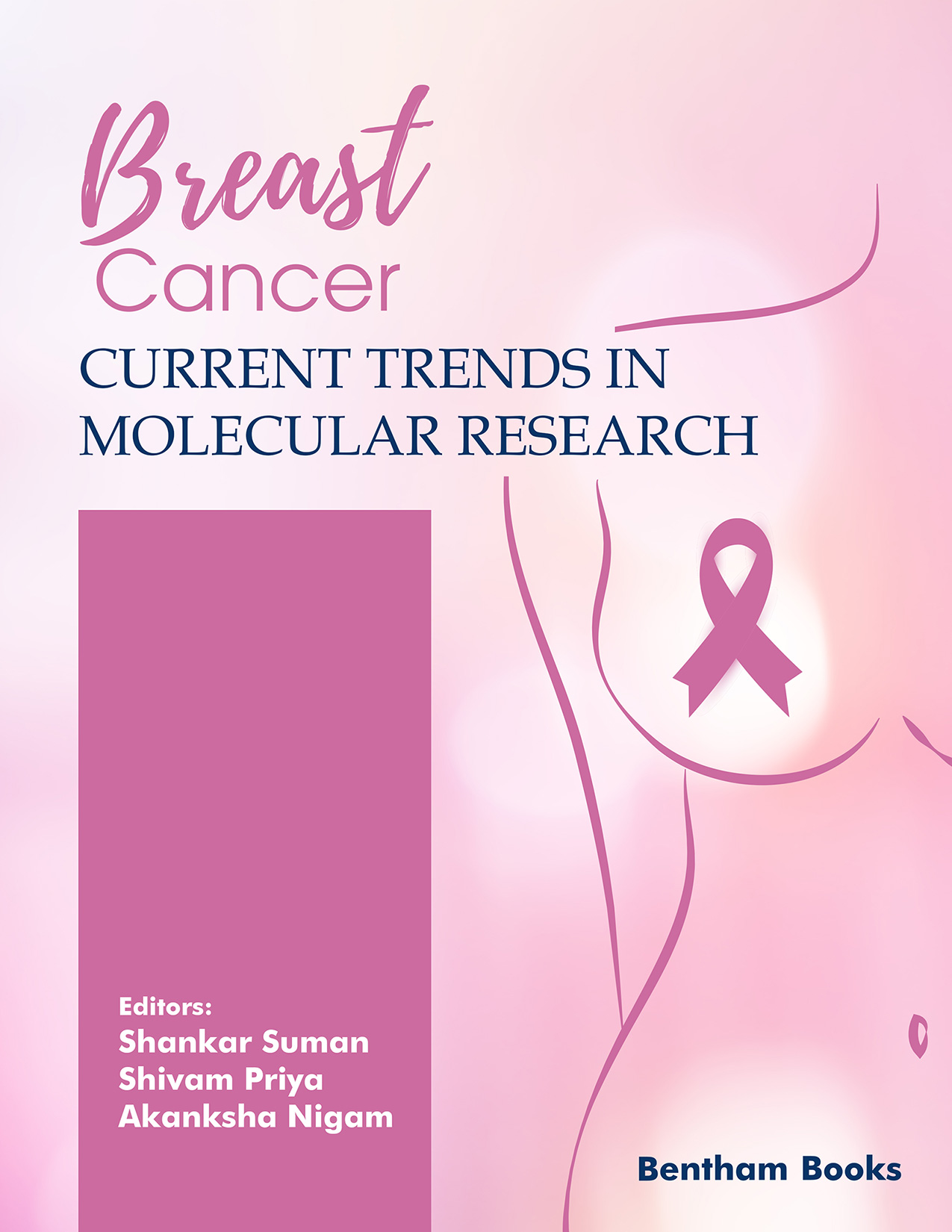Epigenetics of Breast Cancer

- Authors: Manuraj Pandey1, Archana Lalwani2, Rajendra Mehta3
-
View Affiliations Hide Affiliations1 Department of Biotechnology, Unique College, Jawahar Chowk, T.T. Nagar, Bhopal, M.P. India 2 Department of Botany and biotechnology, Sadhu Vaswani autonomous college, Sant HirdaramNagar, Bhopal, 462030, India 3 Department of Rural Technology and Social Development, Guru Ghasidas Vishwavidyalaya(Central University), Bilaspur, CG, India
- Source: Breast Cancer: Current Trends in Molecular Research , pp 139-170
- Publication Date: July 2022
- Language: English
nbsp;Breast cancer is a very heterogeneous disease at clinical, histological, and molecular levels. It is the leading cause of cancer-related deaths among women. Breast cancer is manageable if diagnosed early at a localized stage, but late diagnosis of metastatic disease has a very low patient survival rate. Further, limited treatment options, insufficient prognostic and diagnostic markers, misdiagnosis and drug resistance pose a greater problem for patient survival and clinical outcome. Consequently, there is a great need to explore newer and more effective diagnostic, prognostic and therapeutic options for managing breast cancer. It is now a well-known fact that along with genetic changes, epigenetic modifications play an important role in the origin and pathogenesis of breast cancer. Universal involvement of epigenetic modifications in breast cancer development makes them useful for diagnosis, prognosis, and follow-up purposes. Further, the reversibility of epigenetic changes makes them attractive targets for breast cancer therapy. Therefore, in this chapter, we will discuss current knowledge on epigenetic involvement in the development of breast cancer and epi drugs as treatment options for breast cancer management.
-
From This Site
/content/books/9781681089522.chap7dcterms_subject,pub_keyword-contentType:Journal -contentType:Figure -contentType:Table -contentType:SupplementaryData105

